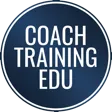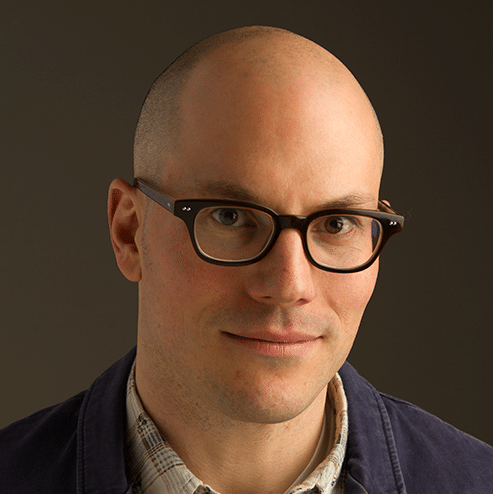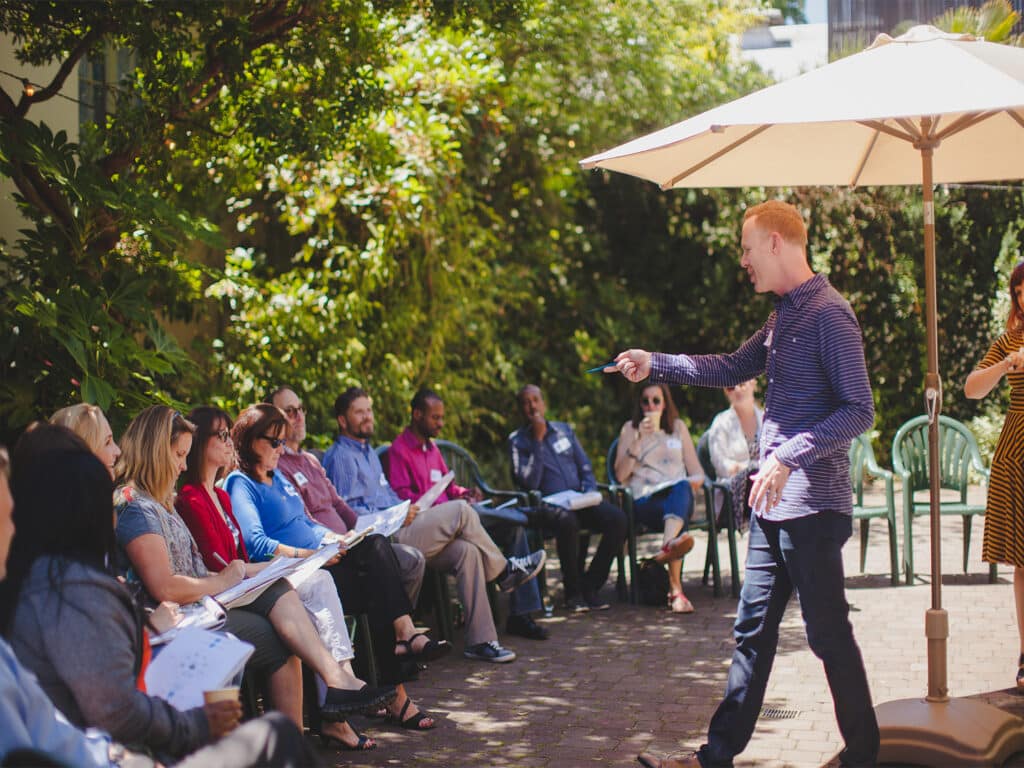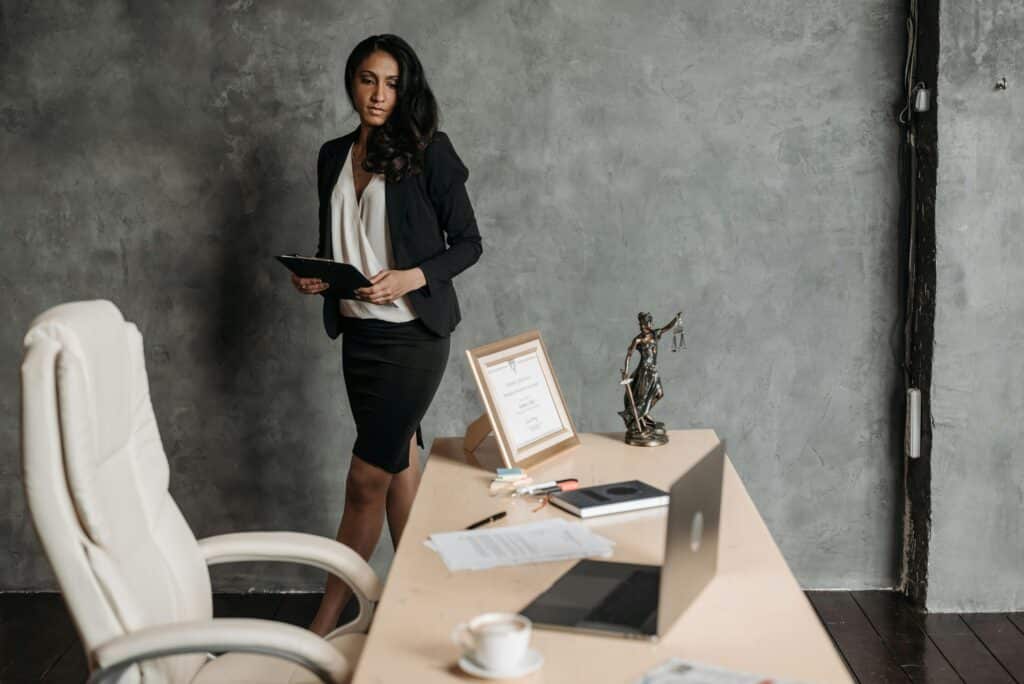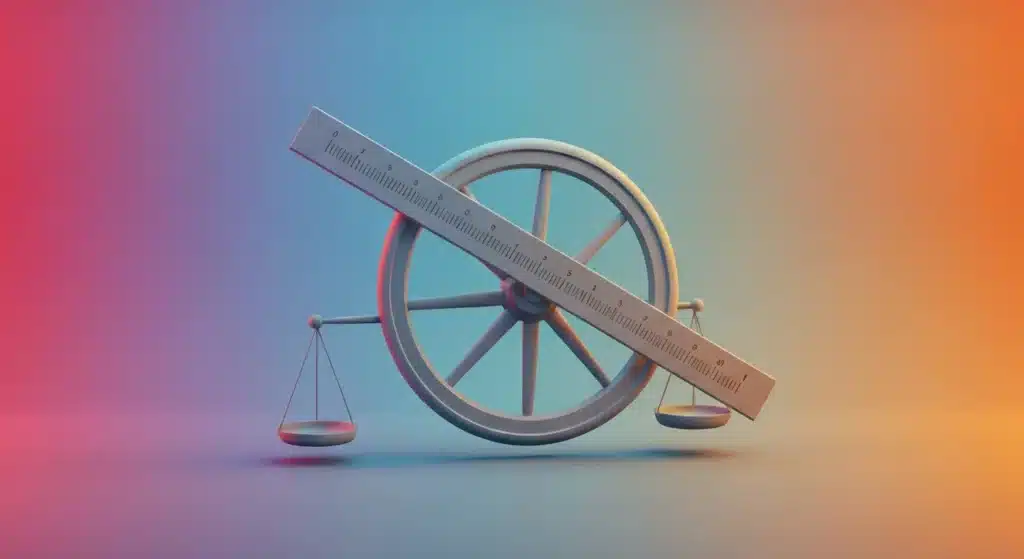Listen to Podcast
Be Curious!
Raj Anderson and guest experts answer your coaching questions each week!
In Coaching to Flourish Season 3 Episode 13, Raj Anderson and guest Theresa Gathers discuss aspects of leadership, what it means to have a growth mindset and show up in vulnerability, and Theresa’s shift from a military career to life coaching.

Live Transcript (unedited)
[Raj Anderson] Hello everyone and, welcome to the Coaching to Flourish podcast. And I’m your host, Raj Anderson, executive life coach and coach Assessor. And I’m super excited cause we have another guest speaker here with us today. And I’m particularly excited because we are still in Women’s History Month, and today we get to speak to Theresa Gathers, and she is the founder of Athena Unchained Coaching and Consulting. And today we’re gonna be looking at themes around leadership and coaching and courage and vulnerability. And you know that when you tune in on these podcasts, we normally cover lots of different themes. We also answer your coaching questions. I love to learn from our guests as well, so keep sending us your questions.
I am gonna hand over to Theresa, because I’m sure I didn’t do her introduction justice at all. So welcome Theresa. Tell us who you are. How are you, who are you, what should we know about you?
[Theresa Gathers] Thank you Raj. So my name is Theresa Gathers, I currently reside in Richmond, Virginia, but my heart will always be in Pittsburgh. Um, so I started my coaching journey about a year ago and started my business back in August. And since then I have really, really loved the connection of this community. I feel like when I show up, even if it’s for training, that I can show up as myself. I’m not hustling for my worthiness. And I truly belong in this field and this environment, um, to provide some insight and help people get to the understanding of who they truly are so that they can have that pure joy of happiness.
[Raj Anderson] So you’re a graduate of Coach training edu. Yes. And I’m pretty sure I just butchered the beginning. So you have launched your business, Athena on Chains. Just tell us a little bit about that. I love the name, it evokes real emotion for me when I think about it. What would you like to share around that?
[Theresa Gathers] So actually I never felt somatic responses to the name Athena Unchained until a coaching session I had in the 2.0 a couple weeks ago where I was being coached, and we did the inner champion exercise. And it like, drove a lot of emotions for me and really shook me because, um, I am now, by the end of this week I’ll be completely processed out of the military. That will be my last chain being released, and then I can really live into the Athena Unchained concept.
And um, it’s very interesting because I’ve had a lot of challenges over the past few months and, um, I’m actually in three classes currently with coach training edu. I’m doing relationship coaching, health and wellness, and the 2.0. And it’s just been a huge difference in my life, because a lot of the work has helped me move forward and hold on to that hope, um, to make it to the next chapter in my life. So I’m extremely appreciative of the opportunities I’ve gotten so far in this journey.
[Raj Anderson] Thank you for sharing that. So, she loves coach training edu, we all do.
So I noticed you just referred to your military career. And now you have your own business, you’re a coach. I’m really curious, what have you learned in your, um, as a leader in your career in the military?
[Theresa Gathers] So I’ve had a lot of training opportunities. I’ve done military leadership training. Um, I had the privilege of going through Brene Brown’s Dare to Lead facilitator training back in 2019. That completely changed my world and changed me as a leader. Um, I think just the outside validation through Adam Grant’s work, Simon Sinek, um, Brene Brown, Malcolm Gladwell.
There’s so many, um, different authors that I’ve really dove into to understand who I was as a leader, because a lot of times in the military we focus on very military centric leadership, and not really the modernization of leadership and the way forward. So, um, all those opportunities really billed me in to be a leader. And Brene Brown’s work validated me, because I was really struggling with being an unorthodox leader to the military. Um, I really see the value in taking care of people and treating them as human beings, and really leaning into their life and their goals and their family and what that means to them, in order to really drive the mission, right? I, I truly believe if you take care of the people, they take care of the mission.
So that has been my mindset, um, the entire time I’ve been a leader. I’ve been a leader in the military since 2011, and, um, I probably have over 3,500 hours of leadership training throughout my career. And I’m really, really excited to keep the good of what I learned and, um, unlearn the not so healthy things I’ve learned in the military. Which I’m actually told in, in feedback, right? Don’t be as authoritative when you ask questions or, um – it’s just, it’s an exciting journey for me, because I like this discovery to find out, um, who Athena Unchained is and how to live into her, um, and move forward in my life.
[Raj Anderson] I heard you mention, unlearning what you had learned. What words of wisdom do you have for people who might be entering the coaching world, new coaches, and the unlearning aspect of things?
[Theresa Gathers] So I read Adam Grant’s book and I also listened to it, and it was life changing, right? In the military, uh, a lot of it is a fixed mindset. And even though we are advancing forward, and a lot of that is changing with the new generations coming in, a lot of the older generations are very fixed mindset. So I do bring that up when I go around and do leadership engagements in the military and kind of explain, you do have the ability, the ability to unlearn, right?
For people that think, no, I’m limited in my abilities, this is what I was born with, I can’t do anything other than this. I think a lot of that, um, has to do with environmental factors and how they were raised, um, their, their surroundings. And I have seen through a lot of different work that I’ve done, that if people lean into it and they’re hungry to understand things in different ways, and they want that, that happiness, and they want that discovery of themselves and that growth, that if they lean into it, um, and be open-minded.
I feel like I have a lot of knowledge, but anytime I enter a new situation, I put that to the side and I show up as I’m brand new. Um, and that’s important to me because when I do it that way, I always gain a different perspective, and even if I don’t choose to continue on in my life with that perspective and live by it, at least it gives me an understanding of what other people are feeling when they have that perspective. So I just say like, stay open-minded, show up like you’re brand new, and experience the experience and the journey. Right? I’m very learning based and not performance based when it comes down to it. I care more about the journey than the end goal, right?
I think that’s, I mean, I care about the end goal, right? But that’s not my priority. I enjoy the journey and the understanding of why things happen throughout that journey.
[Raj Anderson] So enjoy the journey, be open-minded. You mentioned the growth mindset, and um, you know, a lot of us were brought up with thinking that, uh, talent is fixed or learning is fixed. And I think it’s quite exciting listening to you that actually we can upgrade ourselves, we can reprogram ourselves, we can build new neural pathways through creating new habits and opening ourselves up.
So, you’ve mentioned Brene Brown a few times. I’m a huge fan of Brene Brown as well. And I know, I know you quite well now, you are a trainer for Brene Brown’s work. How does being a Brene Brown trainer impact your coaching?
[Theresa Gathers] I mean, I think it impacts coaching and it impacts everything. And it impacts how I, um, live my life and how I deal with relationships, whether they’re personal or professional. Right. So some of the biggest things is it goes into like coaching essentials as well, right. And, um, understanding how important curiosity is, courage, um, leaning into your intuition. And professionalism is even a, you know, a huge part of that foundation.
And I think overall, um, leaning into her work has made me better prepared to be a coach. And a lot of what she does, especially through her facilitation, I didn’t really know I was being coached during that training program, but I was. When I look back on it, it was actually group coaching, um, in many different ways. And I think that when I lean into the understanding of being vulnerability, or, the importance of being vulnerable like in life, it also makes me lean into it a lot more with my clients. And not vulnerability is in me sitting there and taking an hour session to talk about myself and everything I’ve been through, but just showing up and giving them that space.
And um, I used to be very uncomfortable with quiet, especially with my military career. I’ve really enjoyed, um, giving that space for people to feel secure and lean into their vulnerability. Cause I don’t believe that without that psychological safety of that space and you know, that alliance that is built early on, that you can have the same effects if it isn’t built right.
So, um, the biggest thing I take away, between the two of coaching and, um, Brene’s work is obviously like empathy. Um, leaning into your curiosities and leaving that space open. So not only you can be vulnerable with that space, but the client, it shows them the acceptance of that vulnerability for them to kind of, um, jump forward in their new journey. I hope that answered your question.
[Raj Anderson] Yes, it did. And I, I’m thinking about, you continuously looking to grow, you know, as a leader and as a coach. And it sounds like it’s really important to you to continue to do that work on self. What’s the connection between courage and vulnerability for you?
[Theresa Gathers] So like a lot of people, being vulnerable was never something that was taught to me. Um, starting with childhood, but also it continued on in my life with being in the military and being in a male dominated career field. I was security forces in the Air Force. I went from enlisted, being a one striper, which is super low on the totem pole, to all the way to being a commander, um, and getting to lead a whole unit of people. And without that understanding of vulnerability, I don’t think I would’ve been half of the leader I am today, because I really leaned into the courageous decision making when it came to, um, risk tolerance and risk adversity.
Um, I do see a lot of times where there are people that are afraid to make decisions because they want to think about it for three weeks before making any decision, and I think that sometimes if you don’t have that courage to lean into that uncomfortable situation, which Brene Brown says, you know, vulnerability is uncertainty, risk, and emotional exposure, right? Anytime, especially in the military, when I have been in even combat situations, I’ve had to trust that intuition.
Um, it’s a journey. You know, for me, I doubt myself sometimes when it comes to my intuition. Every single time I’m like smacking myself in the head, like thinking like, what the heck, Theresa, like, you knew this, you had this feeling. Just trust it.
Um, so the courage, like, that’s another thing that Brene talks about, is, you can’t have courage without vulnerability, right? When you step forward and you take that leap in any type of situation that you are uncomfortable with or unfamiliar with, you are using courage to get there, right? It doesn’t matter if it’s saying ‘I love you’ for the first time, coaching your first client and then having to do an overview, um, and feeling like completely exposed, right?
That was probably one of, those are probably my most vulnerable moments right now in coaching is when one of the trainer comes in and is like, knock, knock, can I observe? Um, there’s always that part of you that I think that you wanna shrink to a certain point, but I think I’m getting better at leaning into myself. Because I do believe that when I lean into myself, I can be a really, really good coach.
So having that courage, having that vulnerability, honestly, that’s, those are the two things that really have gotten me to the successes of my career and in my life, especially with my personal journey. Um, I would say that my vulnerability pretty much has saved my life, um, throughout time in many different ways.
So it’s something that’s very special to me. Um, and it’s something I really try to share with people and get them to understand that vulnerability isn’t telling your darkest secrets. Um, it can just be you showing up for someone, or you know, small moments that really build to a different level of vulnerability. Vulnerability is on a scale, like on a spectrum, and it’s really what you feel comfortable with giving out, um, to others, and what you’re ready to receive as well.
[Raj Anderson] So I know that vulnerability can be a real challenge for some leaders. Um, and you know, as an exec coach and having worked with leaders for years, you know, you use words like ‘feeling exposed’, right? And often our clients that are leaders can be very high achievers and have high expectations of themselves. What are some baby steps that somebody could take towards vulnerability?
[Theresa Gathers] A good baby step is just being open to the concept. Um, looking past the term that has really been used in negative ways. Like when you look at people, or you have conversations about vulnerability. Um, when I train the military a lot of times, in her work, the biggest sticking point that we have to get past is no, vulnerability equals weakness, that’s what I’ve been told my whole life. I wouldn’t go to a street fight without a weapon, that’s just stupid, that’s vulnerability. And I, I try to get people to understand like that spectrum right?
Vulnerability, like I said, is me showing up today and having this conversation and not understanding where it’s gonna go or what I’m gonna say, because I am a very off the cuff person. I wanna be in the moment and I want my responses to be genuine, right? So, um, it could be letting someone do something for you if that makes you feel uncomfortable. Um, it could be saying ‘I love you’ for the first time, or asking for help.
I think asking for help when you are someone that is structured to do everything on your own – um, I actually haven’t thought of it until right now just talking through it, but I think that was one of my hardest things to become vulnerable with is, I’m so used to helping everyone else and doing everything on my own, when I really started to struggle in different ways, asking for help put me in a very vulnerable state. But I do believe the benefits are so worth the investment of getting yourself to that point of vulnerability.
So one, just be open to it. The second one would be ask yourself like, what makes me feel uncomfortable, even in a little bit of a way, and take that next step to put yourself in that uncertainty and exposure. Because I guarantee you learn several things about yourself even in that small act.
[Raj Anderson] Yeah, that’s powerful, isn’t it? I am a core motivation, uh, helper and a defender. And as a helper, you know, in the past it was, it was hard for me to ask others for help. And it’s actually the biggest gift we can, not just give ourselves, but others as well. Cause I found that people wanted to help me, they just didn’t know how to, because I had my walls up or so many boundaries. And we role model vulnerability through that, as you’re saying. Thank you. Got me thinking around that .
[Theresa Gathers] Can I add something to that?
[Raj Anderson] Yeah, please.
[Theresa Gathers] So, um, I have pretty much been independent my entire life. And when I let my wife in, that was the biggest struggle, like was, leaning into that help. Right, because it’s not fair to her to want to help, and I always wanna help her, and that’s okay to do that, but not receive it in return. It was very hypocritical of me. I’m a hypocrite in several areas I’m trying to work on, you know, but I, at least I’m aware of it, I guess.
So I wanted to say that like, personally based, cause we’ve been talking a lot professionally, is that has really helped my relationships in general. Like, I would not let anyone help me with anything. I wouldn’t go to anyone for help. And you know, that can cause a lot of adversity in relationships, because that person starts to question like, what is my purpose in this relationship with this person? Um, and it can be one-sided, even though you don’t think of it as selfish. It is selfish, you know. Not let people in to help, um, in certain times. And I think it’s very fear-based. So I just wanted to add that, and I wanted to put like a personal aspect on it, because it actually has been a lot harder for me to ask for that help personally than it has been professionally.
[Raj Anderson] What would you say has been the gift to you in asking for help?
[Theresa Gathers] Hmm, that’s a good one. Um, peace. I think that there is a lot that was released when I understood I didn’t have to carry the entire world on my shoulders, including everyone else’s world, not only mine. And, having that sense of, like earlier when we beforehand – since now I realize we’re on Facebook Live, right? And we’re not only having the conversation with us. But earlier, Raj, when you, um, walked through that exercise with me and you asked me what I was grateful for, the first thing that came to my mind was my wife Casey. And the reason being is while you were asking me that I could hear her getting all three of our dogs out of the house to give me the space to have this conversation.
Um, and those are some things that I think I might take for granted. So I think I need, I feel like I extend a lot of gratitude towards her, but just grounding myself in understanding that it’s a lot bigger than maybe I give gratitude for. Because that sense of peace that I feel, um, in that grounding that I feel, in those moments where I do ask for help and I let her help me with stuff, um, gives me the world, right? I can focus on the world rather than on things that she would rather take care of anyways, you know? So I think that has been the biggest thing, is peace and feeling grounded in those moments.
[Raj Anderson] Thank you, Theresa. I wanna acknowledge you for that, just listening to you. I’m grateful for you sharing that example and that story. And there is a sense of peace that you’re exuding even as you are sharing it. How does that connect with who you are as a coach?
[Theresa Gathers] Hmm. So, um, when I have a sense of peace and I’m grounded, I think I’m on a whole other connection with my client in that room. When I have all of this other stuff that is in my head that I am worried about, I am cheating my client from opportunities in those moments.
So, it’s actually through coaching that I have asked for a lot more help, um, because of how important the space is to have with, um, my clients during those conversations. But what I’ve also learned is keeping that space for my client during that time, um, helps me be better in my marriage as well. And working towards having that space with her, I would say in any of my relationships really. But, taking that and understanding the impact it has, and continuously building on it. Cause I think it gives me – not I think, I know it gives me psychological safety to show up who I am. For like, as I am, who I am. And, um, really lean into my abilities and trust my intuition. I think my intuition is negatively affected when I don’t have myself grounded. So it’s super important.
[Raj Anderson] So what are some daily practices or weekly practices that you would suggest to our listeners around grounding or being intentional?
[Theresa Gathers] Okay, so I’m not the expert. One thing I learned over the past few months is active recovery was a very intricate thing missing from my life. Um, I have been at a level of peak performance for continuous amount of years and wondered why I kept feeling that burnout. So I’m very new with it. So it means I’m excited about everything. And I’ll show you something that I just got. One of the things I got was this reflexology mat. That has been really cool and I have it like under my desk, so like certain points in time I like press my feet down on it, for pressure points.
I started, um, doing float tanks. That has.. I don’t know why – now you got me excited – I have no idea why this has been hidden from me my entire life. Um, but float tanks, I’m someone when I’m stressed out like a hot shower relieves a lot of that pressure. So going into a float tank that has a perfect temperature water, and floating there and just listening to music and hanging out has been life changing. So I do that about every other week after the sauna.
Um, another thing I recently got into was Salt Cave. That has been really good. Um, and I do that the weeks I’m not doing the float tank. Intraday, I do breathing exercises. I do positive intelligence reps. Um, so it could be anywhere from like, just listening to far away noises, to bringing it into the closest noise, for people that don’t know what that is. Or, um, physical touch. So pressing two fingers together and just enough pressure to feel the ridges and focusing on that for like two minutes.
Also, listening to music. I have a little setup in my office now where I have lights that connect to my stereo, and I’ll put on very calming music and have it play while I’m working. And it’s just, I think it helps me without me really truly recognizing it in the moment. There’s just a calmness to the, the music that I take on. Um, and I don’t react the same way as that I do when I don’t have that. So really there’s so many different things. And the important thing is understanding that it, you should have an intraday, um, active recovery daily, monthly, weekly, and annually.
So I’m really starting to lean into that, and I’m glad because, you know, coaching can be emotionally exhausting, if you don’t take care of yourself in that way. And being a leader. That’s another thing I’ll relate, being a leader for as long as I was in the roles that I had, that’s where I faced most of my burnout. It wasn’t my decision making. It was leading people, and truly being engaged in them and dedicated to them. It took a lot out of me. So I feel like I’m a lot more balanced and grounded, now that I can put active recovery into my schedule. And it keeps me on a much better track in life.
[Raj Anderson] Lots of great ideas there. I need to go and find a float tank I and just – I used to do them in the UK, haven’t found anything near me. So active recovery, lots of intentionality, self-care, self-love, is the message that I’m taking away there. And I can’t believe we’ve only got a couple of minutes left Theresa. What final words of wisdom do you have for our listeners?
[Theresa Gathers] I have experienced what I believe is very close to the ultimate level of happiness and joy. Um, for me, it’s not something that comes naturally. I’ve had to work for a lot of it, and I don’t take that for granted. So when I feel those moments of happiness, I really wanna sit into them. I say that because I have seen the benefits of coaching, um, I’m excited for a world that doesn’t think it’s a hoax. They don’t think it’s just some made up thing, and they truly start to lean into those benefits. Because even now I get frustrated when I share coaching with people and they wanna compare it to other things. But the reason why I decided to become a coach, and what I challenge everyone else with, is leaning into your authenticity. It’s one of the most amazing feelings that you can ever have, like truly showing up as yourself, and letting yourself be vulnerable in certain circumstances. You might not be accepted every single time you do that, but there’s plenty of people that have been through heartbreak in relationships as well.
So I, I think this is just, might be some heartbreaks with yourself in this road to discovery, but, leaning into your authentic self is a level of euphoria I have never felt in my life. Like, and it’s something that I truly wanna share with the world. So I just tell people, like, when you start to feel those emotions of euphoria, when you are, you know, you’re leaning into your authenticity, challenge yourself to lean in a little bit more, be a little bit more vulnerable, have that courage. And um, I can assure you that in the long run when you continue to do that, you might fall on your face a couple times, but that ultimate reward is unlike any other reward you’ve ever felt in your life.
So authenticity to me is sexy, that’s my quote. Um, and I just, I think that the more authentic we become as people, it actually helps the world in a greater way, you know? Um, we don’t have many, like, as many people that are hiding and afraid to contribute with what their skills and talents are. So lean into yourself.
[Raj Anderson] Lean into yourself. Well, we are at time. It’s been an absolute honor listening to you, Teresa. I’ve got so many nuggets. I’ve learned so much. Thank you for being you and real and authentic, and just showing us the courage through vulnerability. I’ve really enjoyed listening to your story, I’m sure the listeners have. I’m excited to see what comes next. If you’re interested to learn more about Theresa, go and find her online, go and check out her website. And please send us your questions, let us know what else you wanna hear in the coming weeks. Thank you again. I’m really grateful for you, and I just look forward to seeing everyone next time!
[Theresa Gathers] Thank you for the opportunity.
[Raj Anderson] Thank you. Bye.
Join us each Tuesday Live on Facebook at 11:30 AM PST | 2:30 PM EST.
The Coaching to Flourish podcast is currently available on Spotify, Apple, Amazon, Overcast, Pocket Casts, Radio Public and Anchor.
